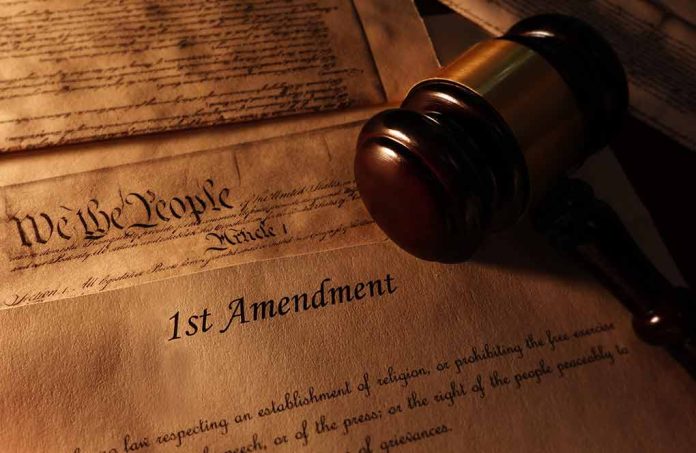
(RepublicanView.org)- The right to peacefully petition the government is one of the most important rights protected by the Constitution.
This guide can help you avoid any trouble with officials if you decide to make your voice heard.
Remain Civil
There is a difference between protesting and rioting. You have a right to peacefully protest. However, you do not have a right to engage in violence, looting, destruction, or other forms of rioting. Constitutional law will not protect you from prosecution if you engage in or encourage rioting.
Have Thick Skin
Counter protestors also have a right to peacefully assemble and make their voices heard. It’s important to remain respectful and have a thick skin in the face of any opposition, while avoiding any action that could tarnish your reputation or get you into legal trouble.
Stick With Traditional Public Forums
Private property (including privately-owned streets and walkways) is off limits to protestors unless the property owner has granted permission (which the government cannot deny). The Constitution only protects your right to protest in traditional public forums. This typically includes government-owned sidewalks, streets, and parks. However, you do not have the right to intentionally inhibit the access of others. You may also be able to protest in government building plazas.
Is a permit needed?
Local governments cannot require permits if your protest will not inhibit foot or car traffic. Police can ask your group to move out of the way of others if you do not have a permit. A permit is needed if the protestors plan to have exclusive access to an area or if they plan to use technology to amplify their message.
Recording Media at a Protest
You have the right to record or take pictures of anything in public view when you are in a traditional public forum. Private property owners can limit the media that you are permitted to capture on their premises. Police officers cannot take your camera or demand media from you without a warrant. They are also forbidden from deleting files and data.
What to do When You Believe Your Rights are Violated
There have been instances when officials have illegally suppressed or arrested citizens for exercising rights protected by the Constitution. The most important consideration is to remain calm. Remind the officer that taking pictures, peacefully protesting in public forums, and speaking up are protected by the First Amendment as long as you are not inhibiting others. If you are still detained, make sure to cooperate and then plead your case in court.
Details matter when you believe you are being illegally detained. Record the officer’s name, badge number, department, and patrol car numbers. Try to get the names of other officers if you can. Keep a record of their actions and the results of those actions (especially injuries). Remember to file a complaint in addition to your civil lawsuit.
Copyright 2023, RepublicanView.org

















